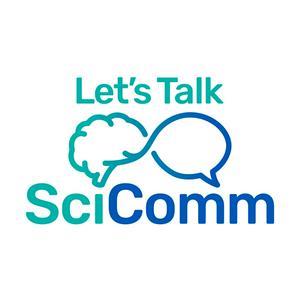This week we have a wonderful conversation with Tina Katsaros who is a PhD student at La Trobe University in Melbourne, Australia, working under Dr Sarah Annesley and funded by ME Research UK. She is a cell biologist investigating abnormalities in mitochondrial function, metabolism and signalling in cells from people with Myalgic Encephalomyelitis/Chronic Fatigue Syndrome (ME/CFS).
Beyond the lab, Tina also has a strong passion for science communication and making research accessible to all. Alongside her research career, Tina has actively promoted both her research and research journey through radio shows, interviews, and blog posts. She has also organised a range of science communication workshops aimed at strengthening oral and written communication skills for researchers. In addition, she has participated in outreach programs such as In2Science and STEMpals, which are designed to encourage primary and high-school students to explore and pursue careers in STEM. Her commitment to clear and responsible science communication has been recognised through multiple awards, including wins in the Visualise Your Thesis (VYT) and 3-Minute Thesis (3MT) competitions. She has also been invited to speak at conferences internationally, delivering oral presentations both nationally and abroad. Tina is a huge advocate for effective science communication and believes science shouldn’t be siloed within academia, but instead be shared openly whenever and wherever possible, and in ways that empower public understanding.
You can follow Tina and find out more about her work here:
https://scholars.latrobe.edu.au/tkatsaros
https://www.linkedin.com/in/tinakatsaros
https://x.com/tinakatsaros
https://bsky.app/profile/tinakatsaros.bsky.social
https://www.rrr.org.au/shared/broadcast-episode/29013/898000/1074000
VYT 2024 Entry: Cause-and-effect in cells from people with ME/CFS: https://www.youtube.com/watch?v=guy6zS9QRxQ
https://www.meresearch.org.uk/interview-with-tina-katsaros/
https://www.meresearch.org.uk/research/cause-effect-relationships/
https://www.meresearch.org.uk/spend-christmas-with-me/
https://www.meresearch.org.uk/wp-content/uploads/2024/10/Breakthrough_Autumn_2024.pdf
Transcript: https://go.unimelb.edu.au/5sj2


